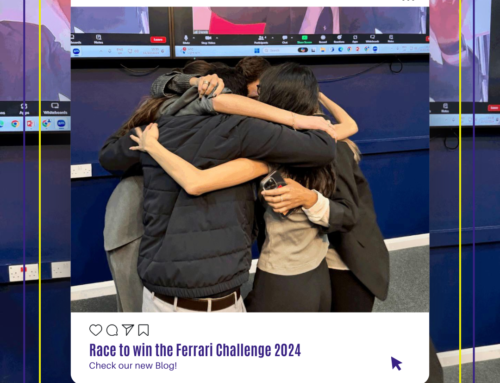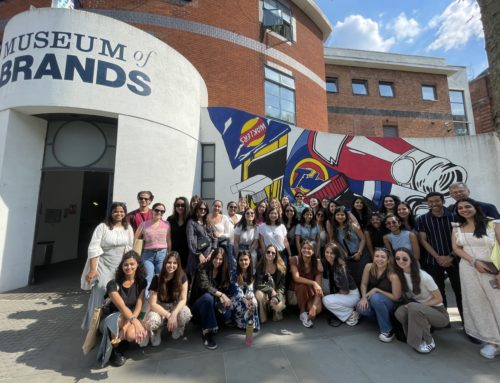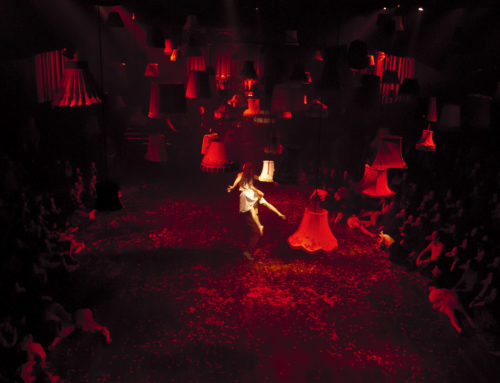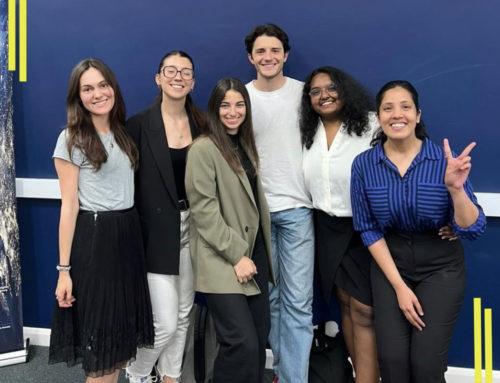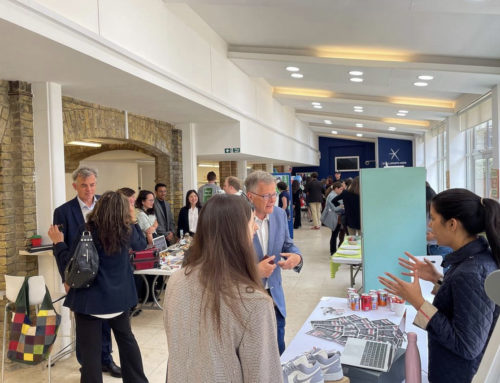Creating & Capturing Value in a Business Ecosystem

By Niek Ploegman
When I owned a restaurant 15 years ago, my notion of creating value was quit straightforward: buy fresh produce at the farmer’s market, combine my grandmother’s recipes with the Jamie Olivers and Tom Kerridges of this world to create great food, in still my staff with pride, and work hard. When asked what the key to our success was, we had this simple answer: “Putting a bit of love into everything we do.”
 In those years we treated value as a “utility” embedded into our food and services, and measurable by the price our customers were willing to pay. We turned the fresh produce we bought at the local farmer’s market into beautiful homemade cooking, and served it with loving care. We were in charge of the “value chain”. All our customers had to do was sit and enjoy. Of course, already at that time the big companies wanted to network with us, meaning a nice price cut in their ready-to-cook produce in return for a stake in the company, something we’ve always refused.
In those years we treated value as a “utility” embedded into our food and services, and measurable by the price our customers were willing to pay. We turned the fresh produce we bought at the local farmer’s market into beautiful homemade cooking, and served it with loving care. We were in charge of the “value chain”. All our customers had to do was sit and enjoy. Of course, already at that time the big companies wanted to network with us, meaning a nice price cut in their ready-to-cook produce in return for a stake in the company, something we’ve always refused.
Nowadays, my students often ask me for advice on their businesses, assuming that, since I had a business, I know all there is to know on the subject. Nothing could be further from the truth, a revelation that sometimes comes as a little shock to them, and even more so to me.
The playing field on which my students are competing has changed completely. Their competitive advantage is no longer sustainable, but has become transient making their business strategies short-lived. The secret of their success is no longer to be found in upstream activities, but in downstream activities such as marketing, and business process re-engineering. Agility, rather than advantageous positioning, is their key to meeting strategic opportunities and threats, and constant innovation is no longer just an advantage: for them it is a pre-requisite to even play the game.
Maybe the most dramatic change is the fact that in their businesses, my students are no longer in charge of creating value. These days, value is co-created by customers and a network of firms and other actors in so-called “business ecosystems”. The players in these ecosystems exchange capabilities, skills and knowledge in order to create products and services.
This is even more valid for the digital business ecosystems of which most of my students aspire to be a part. Yes, Silicon Valley has a lot to answer for. These digital ecosystems constitute standard architectures and interfaces, and open platforms that allow the modular connection of activities and resources across firms. The open-resource-based design of these ecosystems extends relations between partners in the network even further, using complementary and specialised resources. Thus, in a digital business ecosystem, value is not only co-created, but also co-converted and co-captured with customers, competitors and communities.
Gone are the days in which I knew the value I was creating: good food. As members of a digital ecosystem all my students can bring to their customers are potentially valuable offerings. It is the customer who assembles and utilises these offerings in context to realise value. Therefore, instead of assuming value is delivered in standard quantities, value becomes an experience co-created, co-converted and co-captured through use, and perceived by each customer differently upon each use.
No longer can you refuse to be part of a network. My students are not only part of a business ecosystem, they also have to be experts therein. Core changes and shifts in this ecosystem have become critical for the survival and growth of their business, and are now critical elements in designing their business model.
Although I never had to think about crowdsourcing and crowd surfing, one thing stayed the same: personalising the customer experience. For me, it was about knowing the personal preferences of my customers and engaging in conversation over dinner. For my students, it is about tapping into digital communities and social networks.
Drs. N.C. Ploegman
Executive Master in Marketing & Creativity participant (Class of 2015)
Project Director School of Commercial Management Rotterdam University of Applied Science
Useful links:
MSc in Marketing & Creativity
Creative London Summer Course

